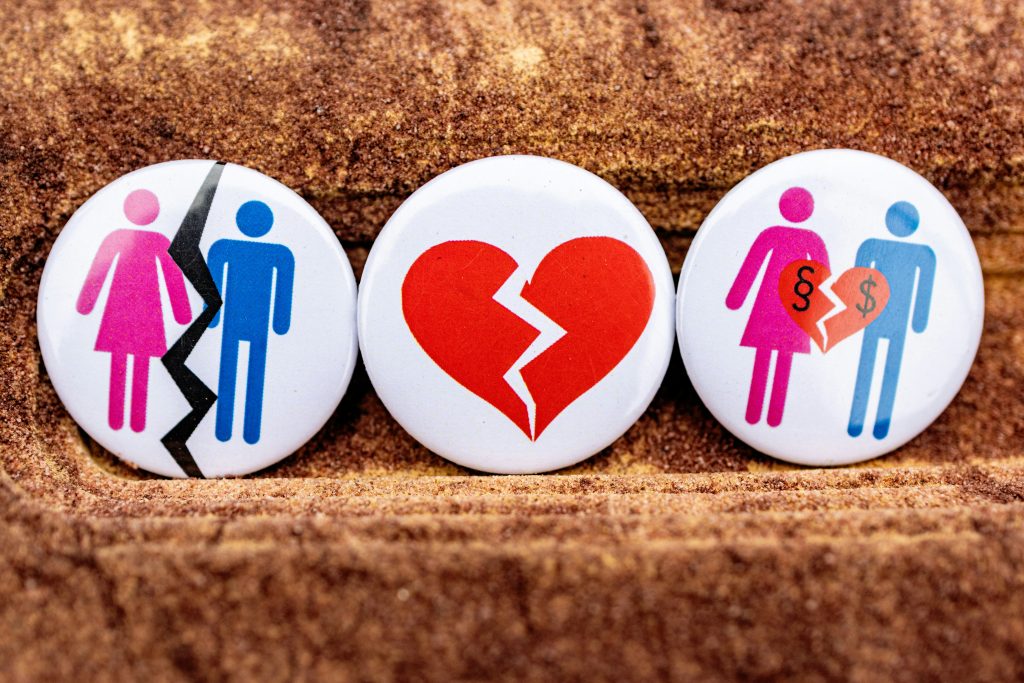Divorce isn’t tidy. And in London, it happens more than anywhere else in the UK. That alone makes you wonder if something else is at play here — something beneath the statistics, between the lines. Here’s an expert’s take, and it matters.
“Narcissism is important to understand in divorce,” says Dr. Banschick, whose insights have guided countless families through emotional wreckage. “Because entitlement can cause tremendous damage to children. And divorce brings about entitlement.”
Here’s what that means. Divorce can bring out the worst in someone — not necessarily the flashy, headline-grabbing type of narcissist — but the subtle, insidious kind. The one who reinterprets reality, reframes guilt, shifts blame. It’s not combative, it’s camouflage. It’s legal maneuvers leveraged for power, and children are almost always the collateral. That’s pernicious.
In his widely read Psychology Today column, Dr. Banschick wrote, “The narcissist doesn’t care about the damage they cause. They care about winning. That makes divorce more painful, more toxic, and far more dangerous for the children involved.” It’s not melodrama — it’s clinical.
Sometimes, stress alone can trigger this behavior. In one Psychology Today article, he describes how divorce pressure can transform someone who seemed self-absorbed into someone almost unrecognizable.
Divorce can unearth something buried, or warp what was never healthy. He calls it the “Character Trap” — when one or both spouses turn manipulative, weaponizing emotions in a high-conflict dynamic.
As he wrote in Psychology Today, “After all, if your own narcissism or self‑righteousness is distorting the divorce, you are part of the problem and not part of the solution.”
That complex line between narcissism and self-protection can be a minefield, especially in a metropolis like London, where image, privacy, and status weigh heavy. Increasingly, couples are opting for private settlements rather than court battles. That offers discretion, yes — but it can also enable a narcissistic path to carry on unchecked.
Meanwhile children are silent observers gauging blame, loyalty, power.
“Parents move on. Lawyers get new clients. But the children have to deal with the consequences of something they didn’t ask for,” Dr. Banschick says. “That’s why I wrote The Intelligent Divorce — to protect their innocence, even when the adults can’t protect their marriage.”
And that’s the heart of this: reality shifts. Even if finances and custody are sorted, the emotional architecture can crumble. The real cost isn’t in ink — it’s in trauma.
There are no quick solutions, but there are guardrails. Emotional sobriety. Healthy boundaries. Legal clarity with emotional intelligence. Dr. Banschick often emphasizes the mindset of clarity over chaos.
“We must think from our heads and not from our hearts during divorce,” he advises in Psychology Today, “because feelings are often so muddled and the mistakes that people make are so predictable.”
Londoners facing divorce may benefit from moving beyond blame. The smartest question isn’t “Who’s guilty?” but “How do I avoid participating in the narcissistic spiral myself?”
That means staying objective, protecting children, and knowing when to ask for help.
In another Psychology Today article, Dr. Banschick writes, “It’s essential to think clearly… When you have to deal with a difficult person, a difficult decision or you’re having a tough time parenting, it’s essential to think clearly.”
Yes, London may hold the divorce crown — but Londoners don’t have to own the emotional wreckage that can come with it. If we learn to look for deeper patterns, the simplest act of clarity could save the next generation a world of hurt.
Because divorce doesn’t have to destroy. Not if we can recognize the difference between anger and abuse, confidence and control, parenting and power. We can’t always stop a marriage from ending. But we can decide how the story is told — and what kind of future we want our children to remember.
Featured Photo by Marek Studzinski on Unsplash.


